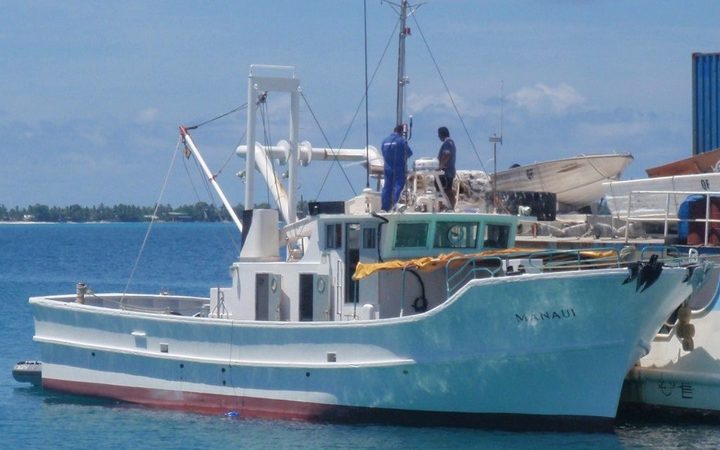
The Yomiuri Shimbun–The Japan Fisheries Research and Education Agency (FRA) will team with Toyota Motor Corp. to develop a fishing boat powered by hydrogen fuel cells that emit zero carbon dioxide, it has been learned.
The Yokohama-based national research and development agency will begin designing the body of the ship in fiscal 2019 and conduct ocean testing in fiscal 2022, with the aim of commercializing the ship.
The FRA hopes the ship will help prevent global warming, and that the use of hydrogen as fuel will help make the fisheries industry more stable at a time when the central government is committed to slashing the price of the chemical element.
Hydrogen fuel cells power a motor by producing electricity through a reaction of hydrogen fuel with oxygen in the air. The FRA’s hydrogen-powered boat will be used at a tuna farm on the Goto island chain in Nagasaki Prefecture. The agency plans to build a 19-ton prototype in fiscal 2019 to test safety and practicality.
Toyota developed a hydrogen fuel cell bus for the 2020 Tokyo Olympics and Paralympics that has twice the power of its fuel cell electric vehicle, the Mirai. The automaker will offer the FRA a next-generation fuel cell system capable of producing power equal to or greater than the bus’ system.
Electric power generated by an offshore wind farm that Toda Corp. constructed off Fukuejima island of the Goto chain will be sent to a local power company, whose surplus energy will be used to produce hydrogen from fresh water in order to reduce production costs.
The government has made progress on its goal of cutting greenhouse gas emissions by 26 percent from the fiscal 2013 level by fiscal 2030, including a 15 percent cut for ships. However, compared with existing energies, mass producing hydrogen has drawbacks in terms of cost and other factors.
In response, the government plans under its Basic Hydrogen Strategy to increase the number of hydrogen supply facilities such as hydrogen stations by 2030 and reduce the cost of hydrogen fuel by around one-fifth of the current price by 2050.Speech
Read the most up to date Fuel Cell and Hydrogen Industry news at FuelCellsWorks




